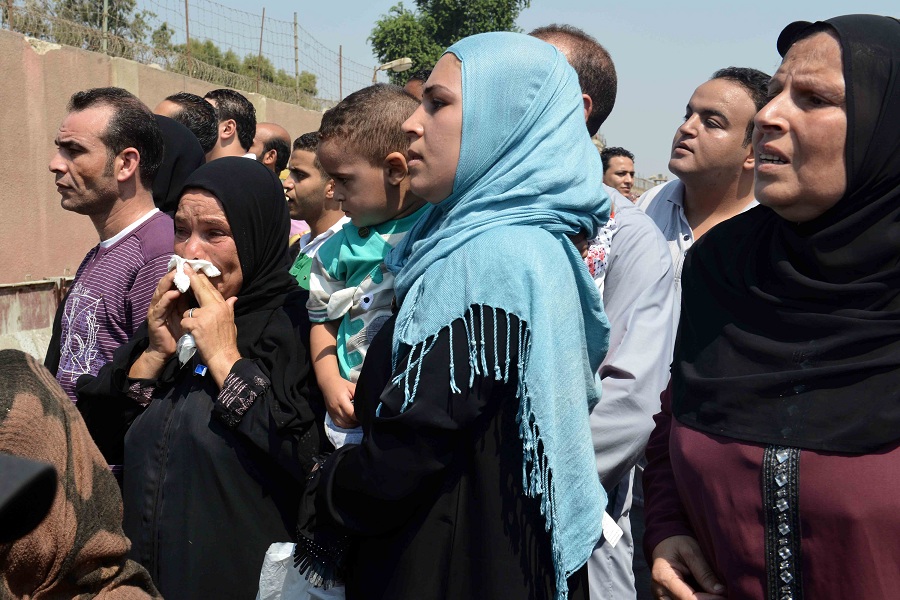Ministry of Transportation reserves the right to increase share in future projects beyond 20 percent
CAIRO: Minister of Transportation (MOT) Mohammed Mansour approved new regulations Monday to help his ministry retain some control over future transportation projects to be established by the Gulf consortium created in August to invest in Egypt s transportation infrastructure.
With public fears mounting, the $1 billion Transportation Holding Company (THC) could monopolize transportation services because of the structure of its original agreement with the government; MOT announced its share in THC projects would vary as the ministry sees necessary. The original agreement limited the ministry s share to 20 percent in all projects. MOT also announced it will not award projects directly to the consortium, but will instead hold public tenders to attract the lowest bid.
In a statement released Tuesday, the ministry also revealed additional partners in the consortium making up THC. Company shareholders now include Dubai Islamic Bank, Kuwait s Aref Investment Group, Saudi Arabia s Al-Zamel Group, Babtain Group, Islamic Development Bank and Bahrain Islamic Bank.
At the August memorandum of understanding signing ceremony with Prime Minister Ahmed Nazif, the primary shareholders in the new company were announced as UAE s Abu Dhabi Investment House (ADIH) and the National Holding Company, Bahrain s Gulf Finance House, and MOT. ADIH Chief Executive Officer Rashad Janahi said THC would look to invest $30 billion in transportation projects in Egypt.
We feel that the potential to generate returns from [the transportation] sector, with Egypt being the most populous country in the region is very high, a senior ADIH official told The Daily Star Egypt [ITALICS]. Moreover, the government s thrust to join hands with the private sector on infrastructure development in the sector has also opened up a great opportunity.
According to the ADIH official, some of the projects under study include passenger ferry lines between Saudi Arabian and Egyptian ports, a rail line between Hurghada, Safaga, Qena and Luxor, a highway stretching from Borg El-Arab to Aswan and an eastern port in Port Said.
A statement from the prime minister s office noted that other projects under study include the construction of highways to link new developments to Cairo, and light underground rail lines linking Sadat City to New Cairo and Borg El-Arab to Alexandria, taking advantage of the recent amendments to the railway law of 1980 that allow for the participation of the private sector.
Under MOT s new regulations, all projects proposed by the government or THC will have to submit to a public tender.
Still, MOT did not issue regulations regarding the structure of THC. The company is expected to serve as an umbrella for several subsidiaries, each responsible for projects in different areas of transport such as roads and seaports. The ministry s own sectors, including roads and bridges, maritime transport and railways, will constitute minority shareholders. All projects will be implemented under Build-Own-Operate agreements.
At the August signing ceremony, Janahi pointed to Egypt s economic growth as the main reason his company has participated in establishing THC.
We see tremendous economic growth prospects in Egypt as the country is in the midst of a growth trail with the IMF predicting that the economy will grow at 5.3 percent in 2006, he said.
That growth rate has since reached 6.8 percent with the IMF predicting 7 percent in 2007. Janahi has yet to comment on whether the numbers continue to provide enough incentive, in light of MOT s new regulations.
